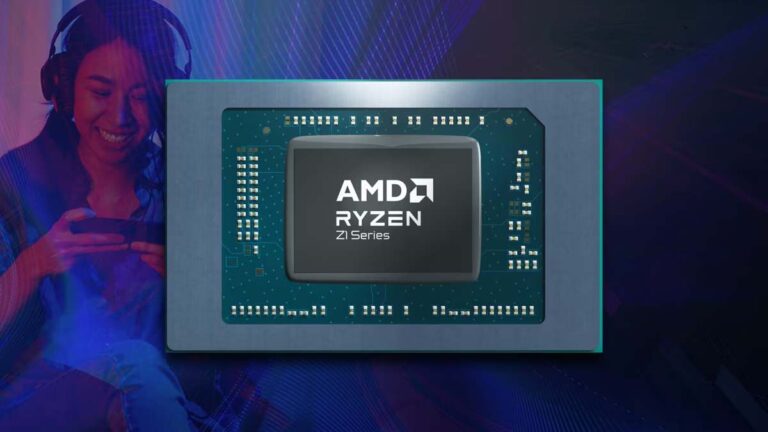Microsoft to Defend $69 Billion Activision Blizzard Deal in Antitrust Lawsuit Filed by Gamers in US Court
Microsoft on Friday will defend its $69 billion (nearly Rs. 5,65,480 crore) planned acquisition of Call of Duty maker Activision Blizzard, in a private antitrust lawsuit in San Francisco federal court brought by video gamers who claim the deal will harm industry competition and should be stopped.
At the hearing, US District Judge Jacqueline Corley will weigh a request that she issue a preliminary injunction barring the proposed acquisition.
The deal would mark the largest-ever in gaming if it is completed. Microsoft has defended the tie-up as benefiting gamers, and its lawyers have asked Corley to deny blocking the acquisition.
“What plaintiffs ask this court to do is unprecedented. They have not cited a single case where a court has enjoined a merger based on alleged harms claimed by a few individual consumers,” Microsoft’s lawyers told Corley in a May 5 court filing.
The deal, first announced in January 2022, separately faces intense regulatory scrutiny by the US, European Union, UK, and other competition law enforcers.
Britain’s antitrust regulator said in April it would block Microsoft’s acquisition after the company failed to assuage competition concerns.
The US Federal Trade Commission’s case against the deal is pending at the agency.
Joseph Alioto, a lawyer for the plaintiffs, said the gamers have a “very strong complaint” challenging the acquisition.
A Microsoft spokesperson said the plaintiffs’ complaint contained “unsupported and implausible claims about the deal’s effect on competition.”
US antitrust laws allow private consumers to sue over proposed acquisitions in lawsuits that are distinct from any federal regulatory actions.
Corley in March dismissed an earlier version of the plaintiff’s complaint, which she called “insufficient.” She allowed the plaintiffs to refile a more robust complaint.
The plaintiffs’ lawyers on Monday urged Corley to block the deal to allow a trial on the merits of the acquisition to take place.
“The loss of competition cannot be reclaimed,” the plaintiffs’ attorneys said in a court filing. “Unwinding the merger after consummation is highly problematic and disfavored, making divestiture post-consummation significantly more difficult.”
The case is Demartini v. Microsoft, US District Court for the Northern District of California, No. 3:22-cv-08991.
© Thomson Reuters 2023







